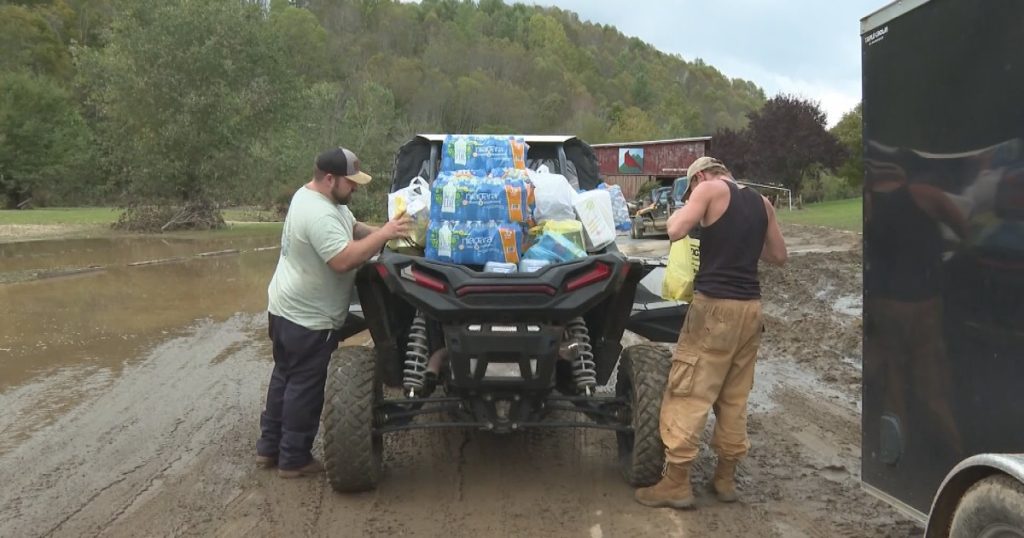The content is a detailed analysis of the impact of climate change on global food security. The first paragraph introduces the issue, highlighting how climate change is causing disruptions to agricultural production and distribution systems worldwide. These disruptions are leading to decreased yields, increased food insecurity, and rising food prices, particularly in vulnerable regions where many people rely on agriculture for their livelihoods.
The second paragraph delves into the various ways in which climate change is affecting food security. This includes the impact of extreme weather events such as floods, droughts, and heatwaves on crops and livestock, as well as the spread of pests and diseases due to changing climate conditions. These factors are leading to reduced crop yields, food losses, and decreased nutritional quality of food, all of which have serious implications for food security at both the local and global level.
The third paragraph discusses the disproportionate impact of climate change on vulnerable populations, such as smallholder farmers, women, and indigenous communities. These groups are often the most affected by changes in climate patterns and are the least equipped to adapt to these changes. As a result, they face heightened risks of food insecurity, malnutrition, and displacement, further exacerbating existing inequalities and marginalization.
The fourth paragraph highlights the importance of adapting agricultural practices and food systems to mitigate the impacts of climate change on food security. This includes implementing sustainable farming techniques, diversifying crops, improving water management, and building resilience to extreme weather events. Additionally, the importance of investing in research, infrastructure, and social programs to support vulnerable populations and strengthen food security measures is emphasized.
The fifth paragraph explores the role of international cooperation and policy interventions in addressing the challenges posed by climate change to food security. It stresses the need for coordinated, multi-level action to support sustainable agriculture, reduce emissions, and promote climate-resilient food systems. The importance of integrating climate change adaptation strategies into national policies and development plans is also highlighted as a crucial step in ensuring food security for all.
In conclusion, the sixth paragraph emphasizes the urgent need for global action to address the impacts of climate change on food security. The content underscores the interconnected nature of climate change, food production, and human well-being, emphasizing the importance of tackling these issues holistically. It calls for increased awareness, collaboration, and resources to build a more sustainable and resilient food system that can withstand the challenges of a changing climate and ensure food security for all populations, especially those most at risk.


